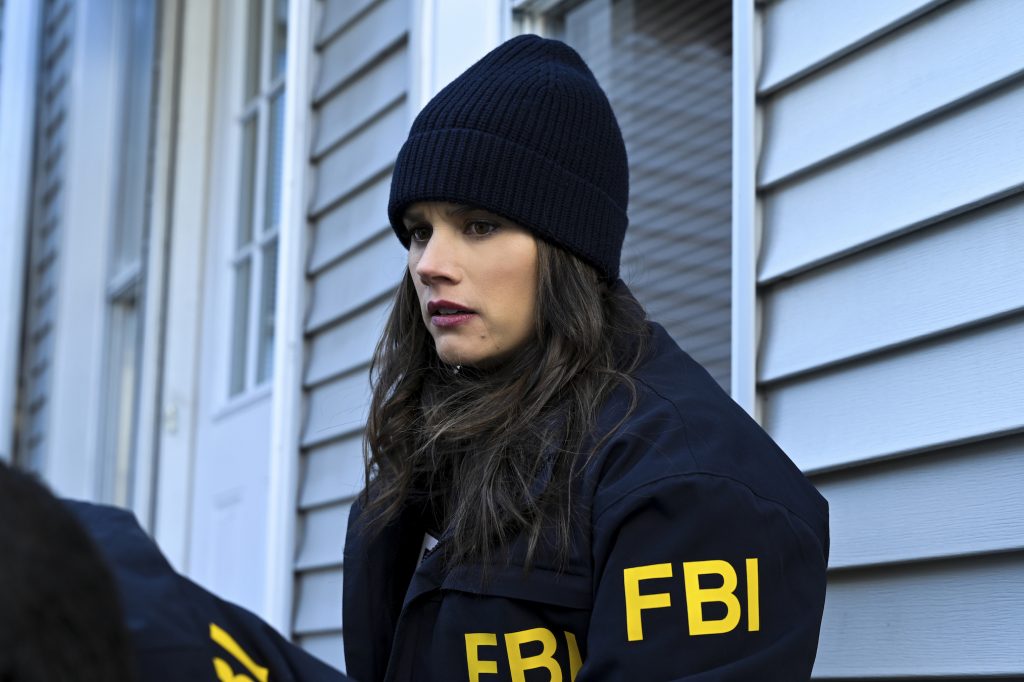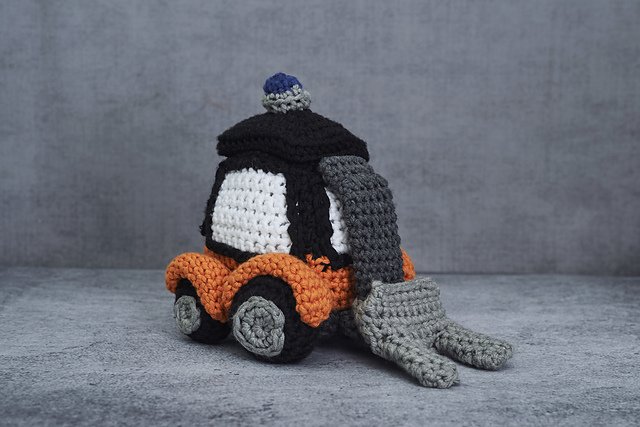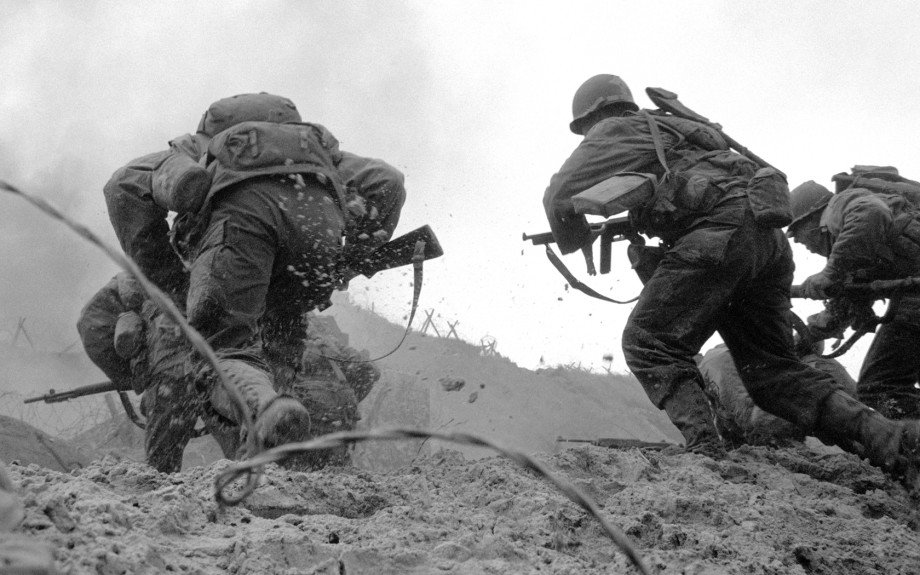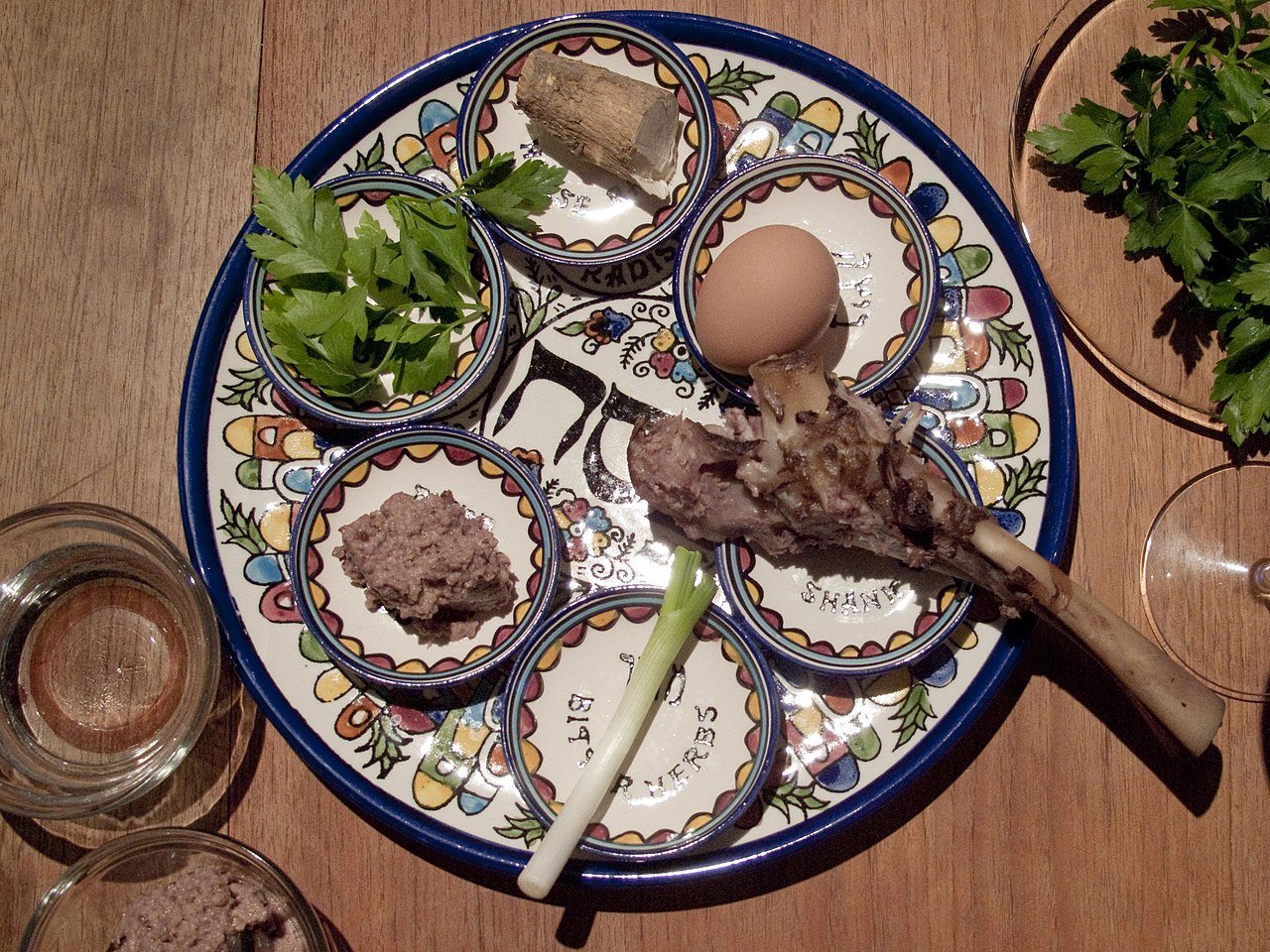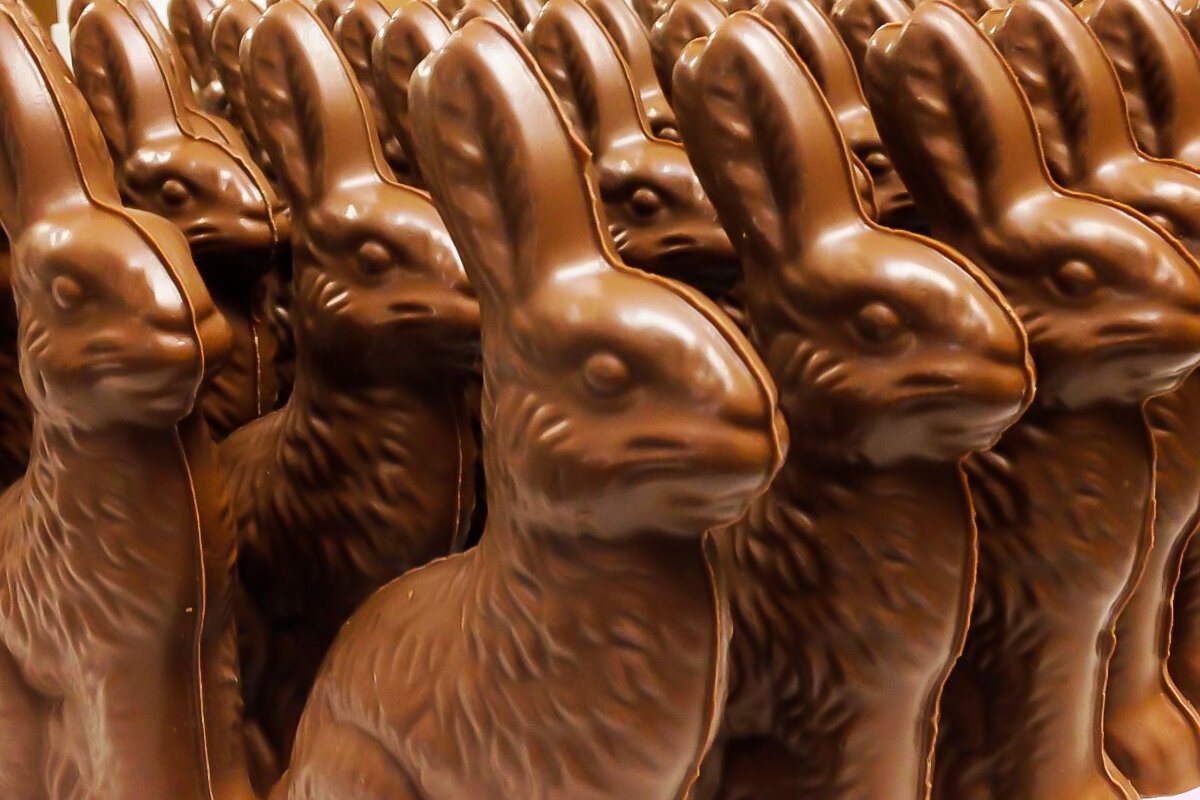Thomas Brown was about to salt the steaks he would soon put on the grill for the annual Burley Circle Community Memorial Day Celebration when he noticed the Kid again. This time, the Kid stood in the corner of the kitchen, watching him.
As usual, the Kid said nothing.
The annual Burley Circle Memorial Day Celebration had grown into quite a Thing™ over the years. A few people from the row houses at the bottom of the Circle decided one year that, since there were no fences blocking off anyone’s backyards, they might as well pool their resources and do a combined party.
“It’ll keep the Kids busy, and give us adults some time to do … adult things!” said Mrs. Paoletti of number 14, who’s twin sons Jeff and Josh were notorious for breaking windows, yard signs, and a few larger pieces of property throughout the community. A few people grumbled that she just wanted to spread her children’s destructive proclivities to houses other than hers, but most folks said that, even if that was the case, so what? Raising two boys as a single mother is hard work, and what good is a community if it can’t help bear the burdens of others now and again?
So it was that, with this collective and communal positivity, the Burley Circle Memorial Day Celebration was born. And, boy, did it grow quickly.
One year, Mr Kellersmith from number 32 offered up his collection of wading pools and Slip & Slides. The next, Johnny Teague from number 18, owner of the local toy and hobby shop, Johnny’s Toys, brought a bevy of backyard games, including a set of lawn darts, which most of the parents forbade the little Kids to use, but then indulged in themselves later that the evening when the Kids had gone to bed and the alcohol flowed more freely.
One year, Mrs. Bello from number 27 organized the entire community to line up everyone’s picnic and card tables so they could go for the Guinness record for “World’s Largest Salami Sandwich.” They actually got the record one year, but lost it six months later to a group of automobile engineers from Bern, Switzerland who, for reasons unknown to God and Man (as Mrs. Bello put it, when she learned they had been eclipsed), took umbrage with the idea of Midwestern Americans holding any meat-related Guinness records.
But no matter. The party continued, year in and year out. It ws right about the time that Mrs. Paoletti’s destructive offspring had returned from their respective collegiate sojourns, ech with a wife and two sets of destructive twins in tow, that Sean Hinken from number 1 Burley Circle, who tended Bar at The Friendly Stop, a local hole-in-the-wall bar and grill, had a creative idea.
“You ever notice how our yards slope down to that flat part at the end?” he said one evening, while sitting on his porch.
“Yeah,” A few of the other guys responded.
“And have you noticed how they sorta curve around, like an amphitheater?”
“Woah,” the guys said. “Yeah.”
“What if, this year, we built a stage and had some bands play?”
So they did. David Hester, who taught shop at the Great Oaks Vocational School, tagged some of his students to gather supplies the morning of the next Memorial Day. They got started around 8am, and by noon they had a fully functioning stage, complete with wired sound equipment and lighting. A few local bands started the show that year about dinner time, but the highlight was when Thomas Burns invited his old college buddies to play an assortment of rock anthems, along with some of their original works.
They played late into the night as the entirely of Burley Circle, in addition to more than a few folks from the surrounding neighborhoods, gathered to listen and just enjoy the feeling of Joy and Love that only good community brings.
Since then, Thomas’s band, Jelly Pudding, was the highlight of the annual Burley Circle Memorial Day Celebration. After a day full of water games and good friends and more food than you can possibly eat in one sitting (despite what the grumps from Bern, Switzerland might think), everyone settled into the natural amphitheater behind the row houses on Burley Circle to hear local bands play their hearts out. And the evening came to a perfect conclusion with yet another stellar performance from Thomas Burns and the boys of Jelly pudding.
Except, this year, things might be a little different. Because Thomas Burns saw the Kid again.
Thomas had just started salting the steaks, which his brother brought in directly from his farm in a small town in Wisconsin, when he saw the Kid. He was an Afghan boy, about nine years old. He wore a tunic with long pants, a bright red cap over his head, and a dark, blue chapan coat under which he was strapped with enough explosives to level several buildings.
The Kid stood in the corner of the kitchen and watched Thomas Brown.
Thomas Brown returned the Kid’s gaze, let out a sigh, then returned to salting his steaks.
“You again?” he said, sprinkling sea salt over row after row of Ribeye steaks. “I figured you might show up today. It IS Memorial Day after all.”
“Here,” Thomas offered a handful of salt. “Want to help?”
The boy stood in the corner, saying nothing.
“Course not.” Thomas returned to salting the steaks. “You never do. Just just stand there in your tunic and your cap. A quiet, little, nine-year old bomb. And you say nothing.”
Thomas put the salt down and looked to the floor.
“It’s been twelve years! Twelve years since you walked into that room with stupid caape of yours, that blank expression on your face. Twelve years since you walked in and killed all my friends. Everyone in the room … but me.”
The boy stood in the corner, saying nothing. Thomas sat on the floor aa few feet away, so his head was level with the boy’s.
“Why? Why did you kill them? Why did you kill them and not me?”
The boy stood in the corner, saying nothing.
“Twelve years you’ve been doing this and you can’t answer. You have nothing to say for yourself. You just stand there and stare at me.”
The boy stood in the corner, saying nothing.
“SAY SOMETHING YOU LITTLE SHIT! SAY SOMETHING!”
“Tom?” Thomas’s wife, Cheri walked into the house from the back door. She held and inflatable penguin in one hand and overly large sunglasses in another. Tom stood up quickly, focusing his attention on the steaks. “Tom, what’s wrong? Who are you talking to.”
“No one,” Tom said, affecting a cheery tone as best he could. “Just getting these steaks ready.”
Cheri stood in the doorway, staring at her husband in silence as he stared intently at the steaks.
“The Kid is back, isn’t he?” she asked, gently.
“Yeah.”
“Where is he?”
“Over there in the corner.”
“You know he isn’t real, right?”
“I know.”
“What does Dr. Feldman say?”
“He says hallucinations are a rare but sometimes expected side effect of PTSD.”
“That’s true, honey.”
“He also says exercise should help.”
“Oh?”
“He suggests going on long bike rides. Dr. Feldman is always going on about riding bikes.”
Cheri started gathering the now well-salted steaks. Thomas lifted the plates as they made their way to the backyard to join the party.
“Well, it could be lots of fun. There’s a long path up by Milford we might try sometime.”
“Yeah,” Thomas said.
“Come on, sweetie. Everyone is excited to hear you play!”
Thomas and Cheri Brown stepped outside to the wild applause of their neighbors. Everyone was full of joy and laughter and love, except Thomas, who watched the boy in the tunic follow him out of the corner of his eye.
Thomas couldn’t pull his mind away from his friends. They’d set up in an abandoned house in a small town near the Hindu Kush east of Kabul. Operation Enduring Freedom had gone well, but they were a few months into the Taliban’s resurgence, and the feeling of inevitable, quick victory had just begun to turn.
“Might as well settle in,” their commander had said on more than one occasion. “Looks like we’re gonna be here a while.”
Thomas had been part of team chasing insurgents from small towns near the mountains. They had cleared four similar towns in the last month with very little resistance. Most of the fighting took place to the south, so Thomas and his team spent many long nights in small places like this.
That day, Steve Erlich, a teacher and father from Austin, Texas was trying to teach everyone how to play a new card game he invented.
“So it’s like Spdes?” of the new guys asked.
“Uh huh!” Steve said, excited. “And Euchre, Hearts, and Rummy … all rolled into one!”
“And you need three decks to play?”
“Yep!”
“Why not just play Euchre with one deck?” said James Cook, a construction worker from Ohi who had developed a small drinking habit in his time, patrolling the Hindu Kush. “Seems simpler.”
“Nah,” said Steve. “This is way funner. You’ll see once you get the hang of it, Cookie.”
Steve dealt another complicated hand, much the consternation of everyone else.
In the backyard amphitheater of the row houses of Burley Circle, the Annual Memorial Day Celebration was in full effect. Kids were tossing plastic footballs and frisbees, adults lunged in all manner of lawn furniture, drinking strange alcoholic concoctions that may or may not pass local ordinances on either the amount of alcohol in the drink or the process used to produce it, and a band, comprised entirely of teenagers Thomas’s Kids would have derided as “way emo” blundered their way through covers of My Chemical Romance, JImmy Eat World, and Fallout Boy.
“Dear God, these Kids suck!” said Tim Jensen, Thomas and Cheri’s next-door neighbor.
“They’re learning,” Thomas said. “Everyone sucks in the beginning.”
“There’s learning,” Tim said, “and then there’s this.” he motioned toward the stage with a full glass of Long Island Ice Tea.
“Well if you’re so good,” Thomas said, “Why don’t you go up there yourself and show them?”
“Nah, big man. I’ll just wait for you to show them.”
Everyone laughed, except for Thomas. The boy in the tunic and cap sat nearby, saying nothing.
The daylight had just begun to darken in the house near the base of the Kush mountains when Jason Chao, a college student from Milwaukee who joined up the day after 9/11, threw down his cards in frustration.
“How the hell did I lose that one?”
Tim Suggs, a former linebacker for the Alabama Crimson Tide, chimed in. “What you should have done was play the Ace of Spades instead of the Queen.”
“Ace of Spades!” Cathy Flynn, an actuary from Chicago said in a sing-songy manner.
Suggs continued: “Then, he’d have had to follow suit and you could have taken the last three tricks.”
“Oh yeah, Suggsie? If you’re so good, why don’t you come down here and show everyone how it’s done?”
Suggs smiled, slapped Jason on the shoulder and almost put him through the floor.
“Nah, big man. I’ll just wait for you to do it.”
The room burst open with laughter, which was quickly hushed when Thomas noticed movement outside.
“What’s that?” he said.
Hundreds of Afghanis walked down the main street through town. Their clothes were covered in mud and their faces looked worn. It was like they’d been caught in a dust storm and then tossed into a mud pit.
No one approached their house.
“Looks like maybe a bunch of workers coming home at the end of the day,” said Suggs.
Outside, a light rain began to fall.
“I don’t know,” said Thomas. “Everyone all at once?”
“I’m calling it in,” said Steve Erlich. “Better safe than sorry.”
Everyone agreed.
Thomas was able to register that Cheri had spoken, but he did not know what she said, so he asked her to repeat herself.
“Looks like those steaks have been cooking for a while, hon. Want to call it done?”
“Yeah,” he said. “Better safe than sorry.”
He moved the steaks from the grill to the large resting plate, then called out to the crowd.
“DINNER!”
Everyone dug in, filling plates with burgers, hot dogs, various casseroles, fruits, veggies, and, of course, Thomas Brown’s signature steaks. A bit well done, but still tasty.
Afterward, Thomas and his band mates made their way to the stage just as the daylight began to darken near the Burley Circle row house amphitheater.
Thomas tightened the screws on his Sabian cymbals when he noticed the Kid standing just offstage.
“Can you just let me have this?” he asked. “I just want to play music with my friends and enjoy the party. I want to forget about that house, those guys, that day. Can you please just go away and let me have this?”
The Kid stood just offstage, saying nothing.
Thomas sighed. “Fine,” He said.
The band started playing and the crowd stood up and swayed. Even with the Kid watching just offstage, Thomas smiled. Nothing beats that Emo crap like good, old fashioned rock.
They played AC/DC, Metallica, The Who, The Rolling Stones, and more. Every song built on the other to produce a crescendo of energy that ran through the crowd and lit up the night sky. Everyone in the neighborhood, along with people from several other neighborhoods was there to enjoy the show. Even the cops, who had shown up in response to noise complaints from nosy Karens sprinkled in the community, eschewed their duties and cheered with their community as Thomas’s band brought the evening to a wonderful climax.
Thomas started into the heavy slow, bass drum kick of Led Zeppelin’s “When the Levee Breaks,” when The Kid came forward and touched his arm. The drumming continued but Thomas’s mind trailed back.
A series of long, slow, heavy knocks on the door of the house at the base of the mountains broke the peace of the card game. The drizzle of rain outside had increased to a downpour. The crowd of people had all gone to their respective houses. Steve’s communication with the command office let them know that replacements were on their way and would likely arrive in a few hours. A few hours and this particular mission would be over.
But then, there was the knock.
Suggs approached the door, tried to look out into the night. With the raid, there wasn’t much to be seen.
“What is it?” Steve asked.
“Shh.”
“Who’s there?”
“Shut up.”
The door knocked again. This time, it sounded like heavy boot knocking against the door, a thick drumbeat that put them all on edge.
“We got any night vision?” Suggs asked.
“Yeah,” Jason said. “Back there. Back in the kitchen.”
“Why your dumb ass leave it back there?”
“I don’t know,” Jason said.
“Brown,” Suggs said.
“Sir?”
“Go get it.”
“Yes, sir.”
Thomas Brown walked toward the kitchen, and had just made it through the door when the front door blew open. Thomas turned around to see a kid walk in. He was about ten or eleven. He wore a white tunic with a red cap, and was strapped with enough explosives to level several houses.
Thomas screamed, “NOOOO!”
The kid made eye contact with Thomas for just a second, and then the world tore apart around them.
Thomas Brown woke up several hours later on a helicopter. They were flying him back to base.
“What happened?”
“Suicide bomber. Got everyone but you. Even a few townsfolk standing outside, too.”
“Why not me?”
“The blast threw you back into the kitchen. Most of the shrapnel hit the wall. For some reason, they made that wall really strong. Saved your life.”
“Suggs? Jason? Steve? The rest?”
“All gone, son.”
“And the kid. How did he make it?”
“What kid?”
“That Kid. Right there. Sitting in the back, staring at us. How did he make it?”
“There’s no one here, but me and you, son. No one but me and you.”
Thomas stared at the Kid. The Kid stared back, saying nothing.
“Why me?” Thomas said. “Why me?” He broke down and sobbed.
There was silence around him as he sobbed. The band had stopped playing, the audience had grown quiet. Everyone looked at him with sad, questioning eyes.
Cheri ran onstage and hugged her husband. SHe helped him down from his drumkit.
“He’s alright,” she said, “He’ll be fine.”
The audience cheered. The band began tearing down their equipment. Cheri st Thomas down in a lounger a few feet away and handed him a beer.
“You need to see Dr. Feldman this week,” she said. “And I’ll ride with you wherever you need to ride to get past this. You hear me, Tom? I’m with you the whole way.”
“I hear you.”
“You need anything?”
“Just a few minutes,” he said. Cheri went off to help clean up dishes from dinner as the party continued around them.
The Kid sat down next to Thomas.
“You know. I’ve hated you for a long time. Each time you show up, I hate you for killing my friends. I hate you or NOT killing me.” Thomas took a drink from his beer and looked at the night sky.
“But it wasn’t your fault. You were a kid. I could tell from your eyes, you were terrified. No one else saw it. But I saw it, and I knew. You were terrified.”
Thomas looked at the kid. The kid looked at Thomas.
“It wasn’t your fault, kid.”
“It wasn’t your fault, either, Thomas,” The kid said.
“It feels that way, sometimes. A lot of the time.”
“I know,” The kid said “But it wasn’t your fault, either.”
Thomas looked up to the stars again and wept, quietly, this time.
A while later, the crowd had diminished. The few families that were left gathered around the picnic table in Thomas Brown’s backyard. Everyone told stories.
“I’m tired of these same, old games,” one fo the men said. “Anyone got a new game we can play?”
“I have an idea,” Thomas said “It’s a card game. It’s a lot like Spades. Euchre, Hearts, and Rummy, too. You need three decks, though.”
“Why not just play Euchre with one deck,” one of the wives said. “Seems simpler.”
“That’s what I thought, but trust me. You’ll see how much fun it is once you learn.”
Thomas dealt the cards, and the Annual Burley Circle Memorial Day Celebration continued for a while longer. After one or two hands, Thomas smiled.

